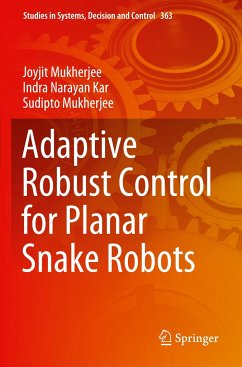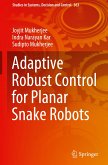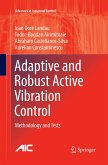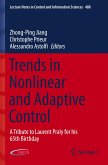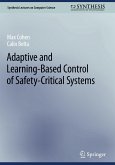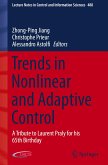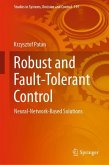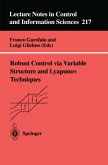This book shows how a conventional multi-layered approach can be used to control a snake robot on a desired path while moving on a flat surface. To achieve robustness to unknown variations in surface conditions, it explores various adaptive robust control methods.
The authors propose a sliding-mode control approach designed to achieve robust maneuvering for bounded uncertainty with a known upper bound. The control is modified by addition of an adaptation law to alleviate the overestimation problem of the switching gain as well as to circumvent the requirement for knowledge regarding the bounds of uncertainty. The book works toward non-conservativeness, achieving efficient tracking in the presence of slowly varying uncertainties with a specially designed framework for time-delayed control. It shows readers how to extract superior performance from their snake robots with an approach that allows robustness toward bounded time-delayed estimation errors. The book also demonstrateshow the multi-layered control framework can be simplified by employing differential flatness for such a system. Finally, the mathematical model of a snake robot moving inside a uniform channel using only side-wall contact is discussed. The model has further been employed to demonstrate adaptive robust control design for such a motion.
Using numerous illustrations and tables, Adaptive Robust Control for Planar Snake Robots will interest researchers, practicing engineers and postgraduate students working in the field of robotics and control systems.
The authors propose a sliding-mode control approach designed to achieve robust maneuvering for bounded uncertainty with a known upper bound. The control is modified by addition of an adaptation law to alleviate the overestimation problem of the switching gain as well as to circumvent the requirement for knowledge regarding the bounds of uncertainty. The book works toward non-conservativeness, achieving efficient tracking in the presence of slowly varying uncertainties with a specially designed framework for time-delayed control. It shows readers how to extract superior performance from their snake robots with an approach that allows robustness toward bounded time-delayed estimation errors. The book also demonstrateshow the multi-layered control framework can be simplified by employing differential flatness for such a system. Finally, the mathematical model of a snake robot moving inside a uniform channel using only side-wall contact is discussed. The model has further been employed to demonstrate adaptive robust control design for such a motion.
Using numerous illustrations and tables, Adaptive Robust Control for Planar Snake Robots will interest researchers, practicing engineers and postgraduate students working in the field of robotics and control systems.
"The book reports the recent progress in methods used to control planar snake robots, achieved by the authors. The book is well-written. It can be recommended to researchers, engineers and graduate students who are interested in robotics, automatic control, optimal control problems and their effective solutions." (Wieslaw Kotarski, zbMATH 1508.93005, 2023)

